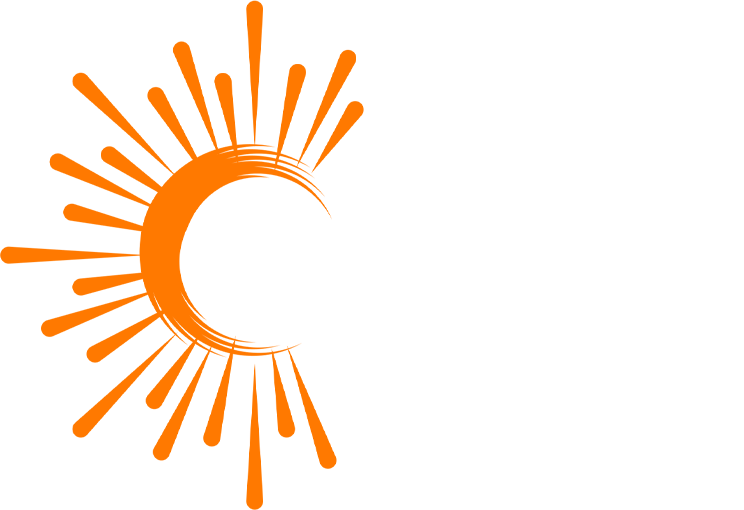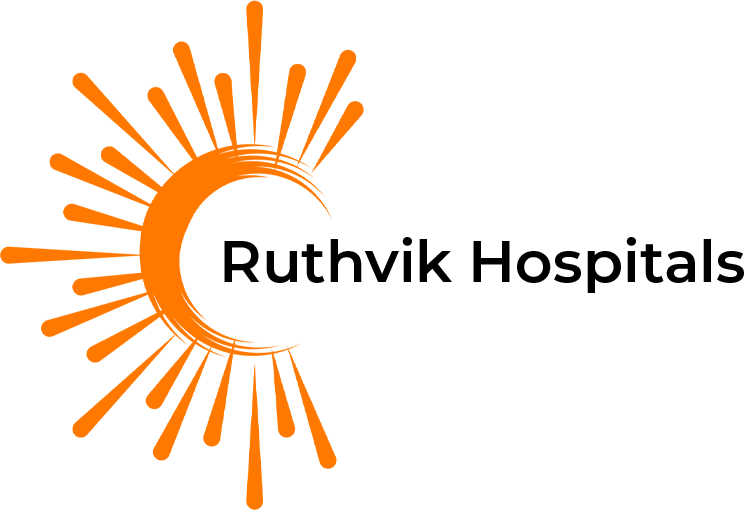Cysts and lumps are abnormal growths that can appear under the skin or within the
body’s tissues.
Call Us when you Need Help!
24/7 Support: +91-73863 61609
Helping you Move + Feel Better
THYROID SURGERY
What Is Thyroid Surgery?
Thyroid surgery is a medical procedure performed to remove all or part of the thyroid
gland, a small, butterfly-shaped gland located at the base of the neck.
What Is Thyroid Surgery?
Thyroid surgery is a medical procedure performed to remove all or part of the thyroid
gland, a small, butterfly-shaped gland located at the base of the neck. The thyroid
plays a crucial role in regulating metabolism, energy production, and other vital
bodily functions by producing hormones such as thyroxine (T4) and triiodothyronine
(T3). Thyroid surgery is often recommended when there are issues like thyroid
nodules, hyperthyroidism, goitres, or thyroid cancer. Depending on the underlying
condition, the surgery may involve removing part of the thyroid (thyroidectomy) or the
entire gland.
What Are the Types of Thyroid Surgery?
Swelling of the penis may present in different ways, depending on the cause.
Total Thyroidectomy:
This procedure involves the complete removal of the thyroid gland. It is
usually recommended for patients with thyroid cancer, large goitres, or conditions
like Graves’ disease that affect the entire gland. After this surgery, patients will
need lifelong thyroid hormone replacement therapy, as their bodies can no longer
produce thyroid hormones.
Partial Thyroidectomy (Lobectomy):
In a partial thyroidectomy, only a portion of the thyroid is removed, usually one
lobe. This type of surgery may be performed when a nodule or growth is confined
to one part of the thyroid. In some cases, the remaining thyroid lobe can continue
to function normally, and hormone replacement therapy may not be required
How Can Thyroid Issues Be Diagnosed?
Thyroid conditions are typically diagnosed through a combination of physical
examinations, imaging tests, and laboratory work. Below are the common diagnostic
methods for thyroid problems:
Physical Examination:
A doctor will palpate (feel) the neck to check for any swelling, lumps, or
nodules. They will also assess the size and shape of the thyroid gland to
determine if further tests are needed.
Blood Tests:
Blood tests are used to measure the levels of thyroid hormones (T3 and T4)
and thyroid-stimulating hormone (TSH). These tests help diagnose conditions like
hyperthyroidism (overactive thyroid) or hypothyroidism (underactive thyroid).
Ultrasound:
Thyroid ultrasound is commonly used to evaluate the size and structure of the
thyroid gland and detect nodules or cysts. Ultrasound can also help distinguish
between solid and fluid-filled masses, which is important for determining whether
a nodule is benign or malignant.
Fine Needle Aspiration Biopsy (FNA): If a thyroid nodule is detected, a fine needle aspiration biopsy may be
performed to collect cells from the nodule for examination under a microscope.
This procedure helps to determine whether the nodule is benign or cancerous.
Thyroid Scan:
A thyroid scan involves using a small amount of radioactive iodine to create
images of the thyroid gland. This test helps identify areas of the gland that may
be overactive or underactive and is commonly used in cases of hyperthyroidism.
CT scan or MRI: In cases where the thyroid gland is enlarged or suspected to have spread
beyond the neck, a CT scan or MRI may be ordered to assess the extent of the
disease.
What Are the Treatment Options for Thyroid Conditions?
Treatment for thyroid conditions varies depending on the type and severity of the
problem. Below are the common treatment options, including surgery when
necessary:
Medications:
Thyroid Hormone Replacement: If the thyroid gland is underactive (hypothyroidism), synthetic thyroid hormones like levothyroxine are prescribed to replace the missing hormones.
Anti-thyroid Drugs: For overactive thyroid (hyperthyroidism), medications
such as methimazole or propylthiouracil (PTU) can be prescribed to reduce
hormone production.
Radioactive Iodine Therapy: This treatment involves taking a small dose of radioactive iodine, which is absorbed by the thyroid gland and gradually destroys
overactive thyroid tissue. It is commonly used to treat hyperthyroidism and some
cases of thyroid cancer.
Observation (Watchful Waiting):
For small thyroid nodules or benign growths that are not causing symptoms, a
doctor may recommend regular monitoring through ultrasound and blood tests
rather than immediate intervention. This approach is also used for patients with
mild hypothyroidism or hyperthyroidism.
Thyroid Surgery:
Total or Partial Thyroidectomy: Surgery is often the best option when there
are large nodules, goitres, thyroid cancer, or conditions like Graves' disease that
do not respond to other treatments. The type of surgery performed depends on
the extent of the thyroid problem.
Nodule or Tumour Removal: For benign nodules that are causing cosmetic
issues or compressing surrounding structures, surgery can remove the nodules
without affecting the rest of the thyroid gland
Radiation Therapy:
In cases of thyroid cancer, radiation therapy may be used after surgery to
eliminate any remaining cancerous cells. This is particularly common for more
aggressive forms of thyroid cancer, such as anaplastic thyroid carcinoma.
Lifestyle and Dietary Adjustments:
In some cases, particularly for mild thyroid conditions, changes in diet and
lifestyle can help manage symptoms. For example, patients with iodine
deficiency-related goitres may be advised to increase iodine intake through diet
or supplements.
Recovery After Thyroid Surgery:
The recovery process after thyroid surgery depends on the type of procedure
performed. For minor surgeries, such as lobectomy, patients can often go home the
same day and resume normal activities within a few days. Total thyroidectomy may
require a longer recovery period, and patients will need lifelong hormone
replacement therapy.
Post-surgical care typically includes pain management, wound care, and monitoring
for any complications, such as infection or changes in calcium levels. Follow-up visits
with a doctor are essential to ensure proper healing and monitor hormone levels.

Conclusion:
Thyroid surgery is a common and effective treatment for various thyroid conditions,
including nodules, goitres, hyperthyroidism, and thyroid cancer. Early diagnosis
through physical examinations, imaging, and blood tests is crucial for determining
the best course of action. While some thyroid conditions can be managed with
medications or lifestyle changes, surgery is often the most definitive treatment for
more severe or complex cases. Consulting with a healthcare professional is
important for individualized care and optimal treatment outcomes.
For comprehensive care and advanced thyroid surgery solutions, trust
Rutvik Hospitals to guide you towards optimal health and recovery.
FAQs About The Service
There are many questions about the service, we have selected frequently asked questions about this service. If you do not see your answer, please contact us.
Can I know the doctors’ credentials?
Cras facilisis quam placerat massa euismod accumsan. Nulla ac neque non sapien blandit blandit Aenean malesuada porta sapien, in interdum urna commodo.
If I’m taking a companion, when can he or she travel?
Cras facilisis quam placerat massa euismod accumsan. Nulla ac neque non sapien blandit blandit Aenean malesuada porta sapien, in interdum urna commodo.
What happens if I need follow-up?
Cras facilisis quam placerat massa euismod accumsan. Nulla ac neque non sapien blandit blandit Aenean malesuada porta sapien, in interdum urna commodo.
What Does Medical Tourism Corporation charge?
Cras facilisis quam placerat massa euismod accumsan. Nulla ac neque non sapien blandit blandit Aenean malesuada porta sapien, in interdum urna commodo.
Services
- Painless Burns Treatment
- Skin Grafting Surgeries
- Foot Corns and Ulcers Treatment/
- Diabetic Foot and Nail Removal Surgery
- Abdomen Obstruction
- Anal Fistulas
- Circumcision Laser And Stapler
- Anal Fissures
- Piles Hemorrhoids
- Hysterectomy
- Gallbladder Stones
- Apendicitis Surgery
- Laproscopic Surgery
- Breast Surgery
- Thyroid Surgery
- Penal Swelling
- Cysts and Lumps
Why Choose Us?
Experience and Expertise
Pathology Analysis
Customer Focused
Honesty and Integrity
Reasonable Treatment Prices
Address Business
Anand Nagar, Pothinamallayya Palem, Visakhapatnam
Contact With Us
Mail Us: ruthvikhospitals@gmail.com
Call Us 24/7: 73863 61609
Call Us 24/7: 73863 61609
Working Time
Monday - Saturday: 7.00am - 19.00pm
Sunday: 8.30am - 19.30pm
Sunday: 8.30am - 19.30pm

